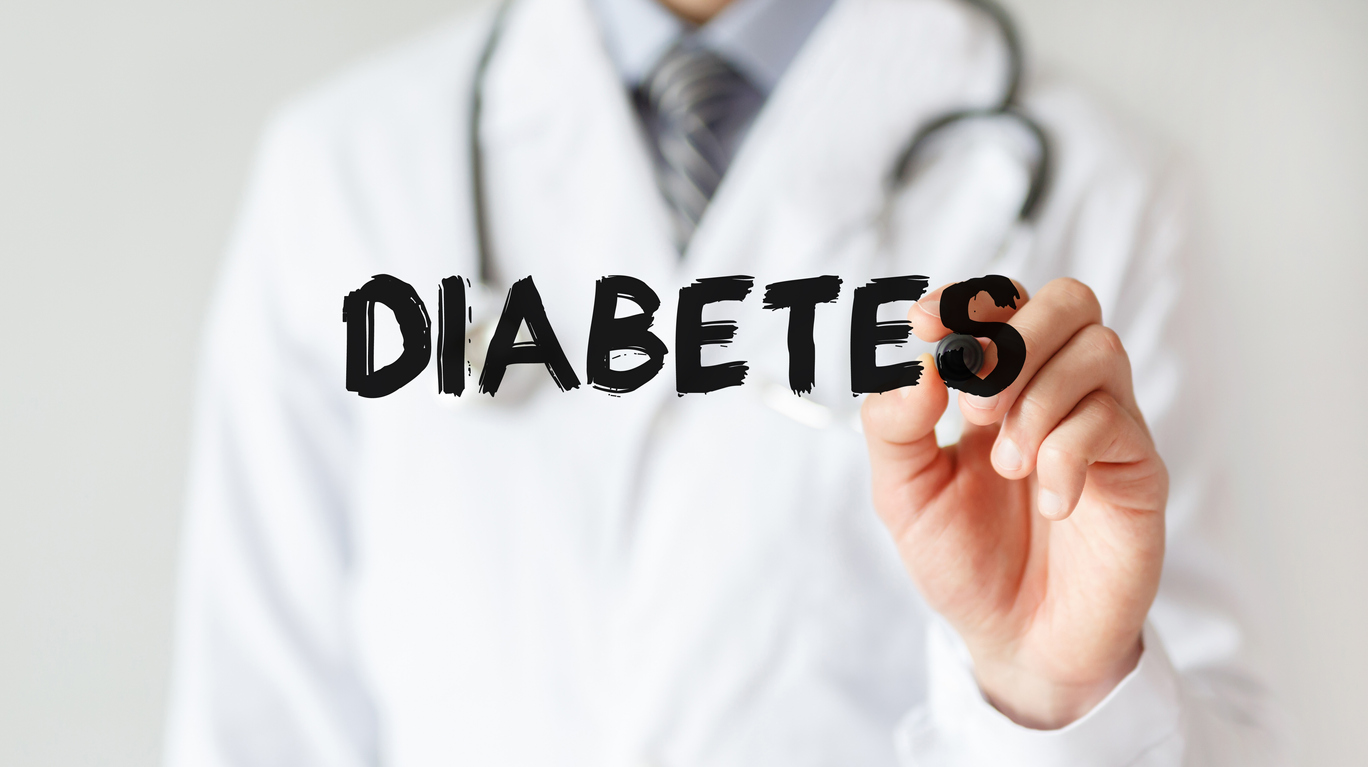University Health Transplant Institute marked an important annual milestone as it closed out 2022: it had performed more pediatric kidney transplants with organs from living donors than any other transplant program in the country.
The credit for much of that success goes to the Institute’s Champion for Life program, which helps patients needing organs reach potential donors. Patients identify a donor champion who supports them as they learn how to share their stories on social media and among networks of friends and relatives. Read more from University Health.








